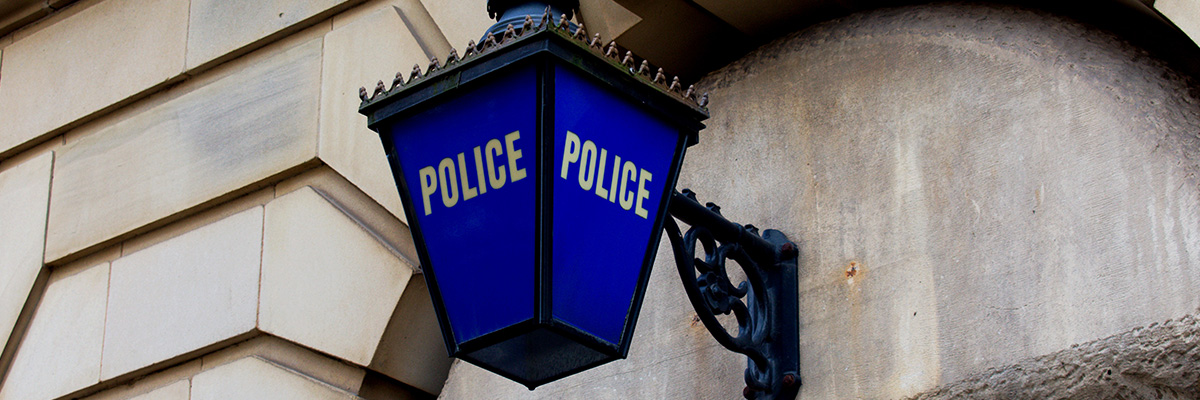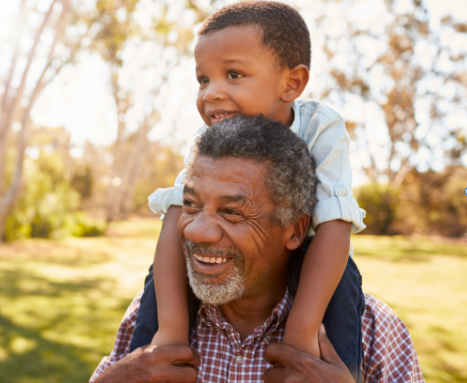On 28th October 2022 the Police, Crime, Sentencing and Courts Act 2022 introduced new changes to the police bail regime.
These changes create a new ‘presumption in favour of bail’ which means police are much more likely to favour releasing people on bail, rather than releasing individuals under investigation (otherwise known as ‘RUI’).
The revision of the police bail regime was brought about because of two main concerns. Firstly, it was thought inappropriate that suspects who had been arrested for serious criminal offences were being released without any conditions, making it difficult to protect alleged victims, witnesses and the wider public. Secondly, it was believed that a lack of bail time limits was leading to long delays for those under investigation by police as investigations were not being conducted in an efficient manner.
Before the changes, many more suspects will have been ‘released under investigation’ as was introduced under the Police and Crime Act 2017.
So what are the main changes to the police bail regime?
Choosing Bail over ‘RUI’
The new Police, Crime, Sentencing and Courts Act (‘the new act’) amended the Police Crime and Evidence Act 1984 (ie PACE) to introduce a new presumption in favour of bail.
If there is need for further investigation and that cannot be done within the period of a person’s detention, and if certain pre-conditions to bail are satisfied, then custody officers must release a suspect on bail. (s.34(5) PACE 1984)
Police are now much more likely to bail suspects to return to the police station at a later date, than release them under investigation.
The difference between being released on bail and released under investigation is as follows:
When a suspect is released on bail they are given a date on which they must return to the police station, unless otherwise told. Conditions can be imposed which may either require suspects to do, or prohibit suspects from doing, specific things. If a suspect breaches a bail condition, they are liable to be arrested by police. In contrast, being released under investigation simply means that the police will continue to investigate an offence, and a person will remain a suspect until the end of that investigation. There are no conditions attached to a suspect’s release and no time frame within which the police must complete their investigation.
Extension of police bail time limits by police
Before the new regime individuals could be initially bailed from the police station for a period of 28 days. If the police required further investigation time, an officer of superintendent rank could authorise a bail period up to 3 months from a suspect’s initial release.
Under the new regime, police can now bail suspects from the police station for up to 3 months. If the police consider that 3 months is not long enough to complete their investigation then an officer of inspector rank or above can grant a further 3 months (to total a 6 month bail period).
If police still require further time to complete their investigation after 6 months, then an officer of rank superintendent or above can extend the bail period by another 3 months (to a total of 9 months).
The officers making the decision to extend police bail must be satisfied that the investigation by police has been conducted diligently and expeditiously, and that keeping the person on bail whilst the investigation is conducted is both necessary and proportionate.
There are different bail periods for specific investigations, otherwise known as non-standard or designated case. (ie by the Serious Fraud Office, National Crime Agency, Financial Conduct Authority, His Majesty’s Revenue and Customs, cases prosecuted by Director of Public Prosecutions).
Extension of police bail time limits by the courts
The police can apply to the magistrates’ Court for a further extension of the bail period.
Courts can extend the bail period in standard cases from 9 months to 12 months.
The police must make this application to the court before the end of the current bail period. The same criteria as above apply. If the court does not believe that police are conducting the investigation diligently and expeditiously, or that keeping an individual on bail is necessary and proportionate then they will not extend the bail period.
Again, there are different time limits for non-standard or designated cases.
Conditional or unconditional bail?
When the police decide to grant a suspect bail, they must make a further decision of whether to attach conditions to that bail.
Some individuals may be granted unconditional bail. Here, there are no conditions imposed, other than the requirement to return to a police station at the time and date stated by police.
The new act creates a list of factors that must be taken into account by the police when deciding whether it is necessary and proportionate to release on bail.
The factors are as follows:
(a) the need to secure that the person surrenders to custody,
(b) the need to prevent offending by the person,
(c) the need to safeguard victims of crime and witnesses, taking into account any vulnerabilities of any alleged victim of, or alleged witness to, the offence for which the person was arrested where these vulnerabilities have been identified by the constable,
(d) the need to safeguard the person, taking into account any vulnerabilities of the person where these vulnerabilities have been identified by the constable, and
(e) the need to manage risks to the public.
If any of these factors exist, then the police will release a suspect on bail with conditions that address the factor. For example, if the police believe there is a ‘need to safeguard a victim of crime’ they may impose a bail condition for that suspect not to contact the victim, or not to go to their home address.
The new act also places a duty on police to seek the views of alleged victims about whether bail conditions should be imposed, and if so, what those conditions should be. Views of alleged victims should also be requested by police if a suspect is applying to change their bail conditions.
If conditional bail is imposed, the police are under a duty to inform the alleged victim, if it is practical for them to do so.
The purpose of these changes is to create a risk-based approach to police bail, with a greater emphasis placed on the protection of alleged victims of crime.
Arrest for breach of police bail
A person on police bail can be arrested if a police officer has reasonable grounds for believing that pre-charge bail conditions have been breached, or if a person has not attended their bail to return.
When a suspect is arrested for breach of bail and taken to a police station they are treated as having been arrested for the original offence. The detention period (or ‘PACE clock’) then resumes from the time it was paused when that suspect was initially released on bail.
The new act grants the police a 3 hour window between a person’s arrival at the police station and the resuming of their PACE clock. This allows the police more time to decide what they want to do about the breach of bail, without those 3 hours being deducted from the left-over period of police detention.

In Conclusion…
The Police, Crime, Sentencing and Courts Act 2022 has made some significant changes to the way police and courts will deal with pre-charge bail.
We are likely to see a lot fewer individuals released under investigation, and instead the police will bail to return, often with stricter bail conditions than before.
It is not yet clear whether this new regime will speed up police investigation by keeping investigating officers working to time limits, or in fact slow the process by adding a greater administrative burden to investigating officers.
What is clear, individuals will find themselves subject to police bail for considerably longer periods of time, and the regime is to be driven by the views and needs of alleged victims.
You should seek legal advice if you are subject to a police investigation.
The criminal team at TV Edwards can represent you at any stage of criminal proceedings, including throughout a police investigation. Please contact us on 0203 440 8000 or email a_crimereferrals@tvedwards.com to make an enquiry.

 You & Your Family
You & Your Family You & Your Property
You & Your Property You & Your Business
You & Your Business













